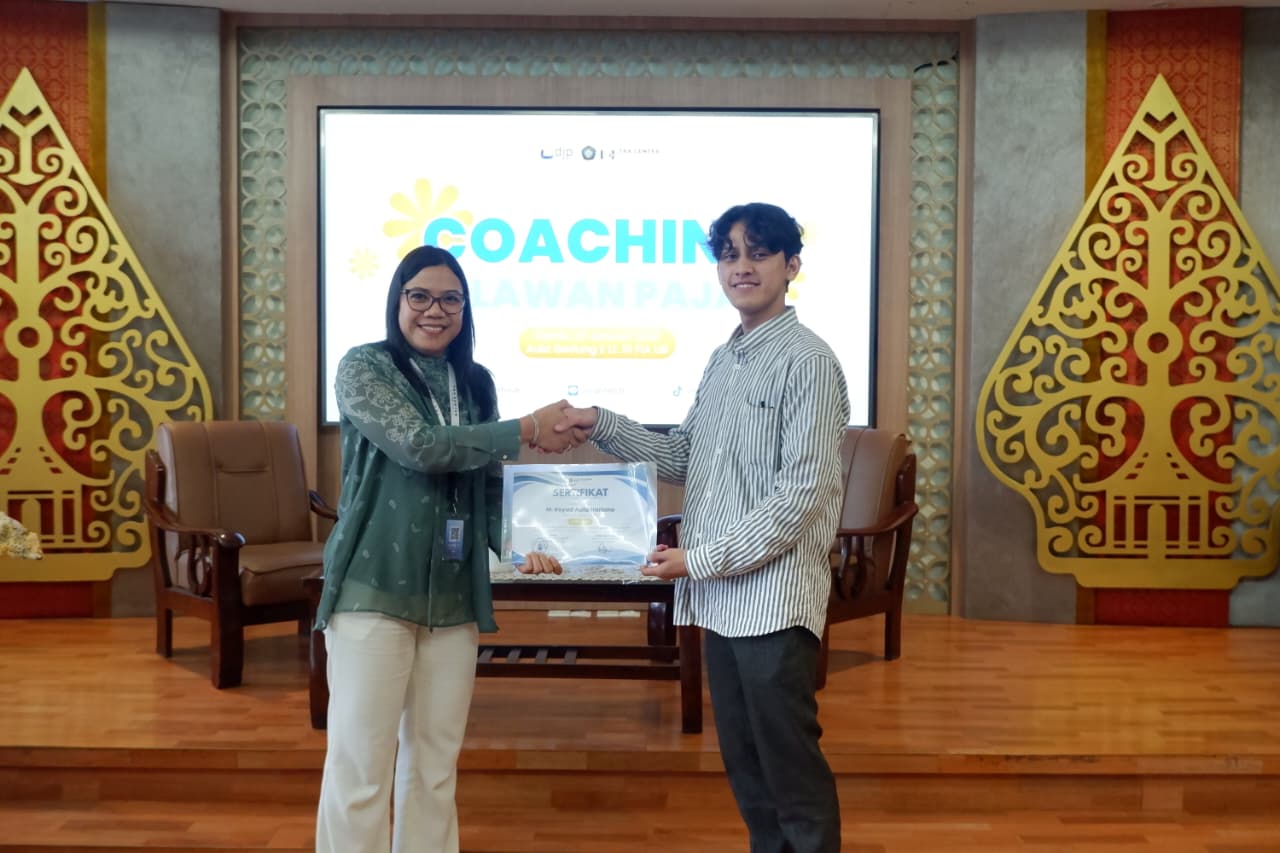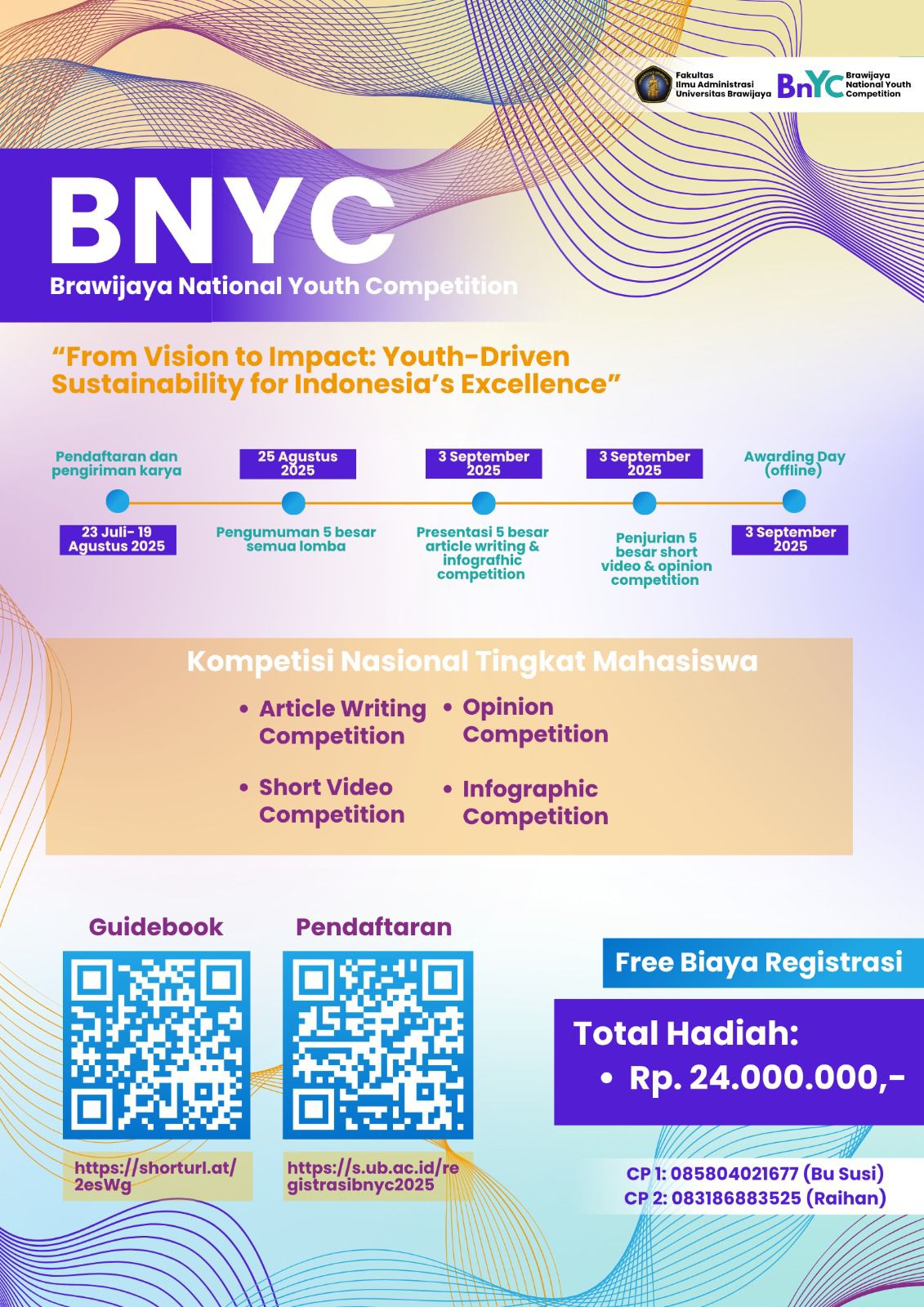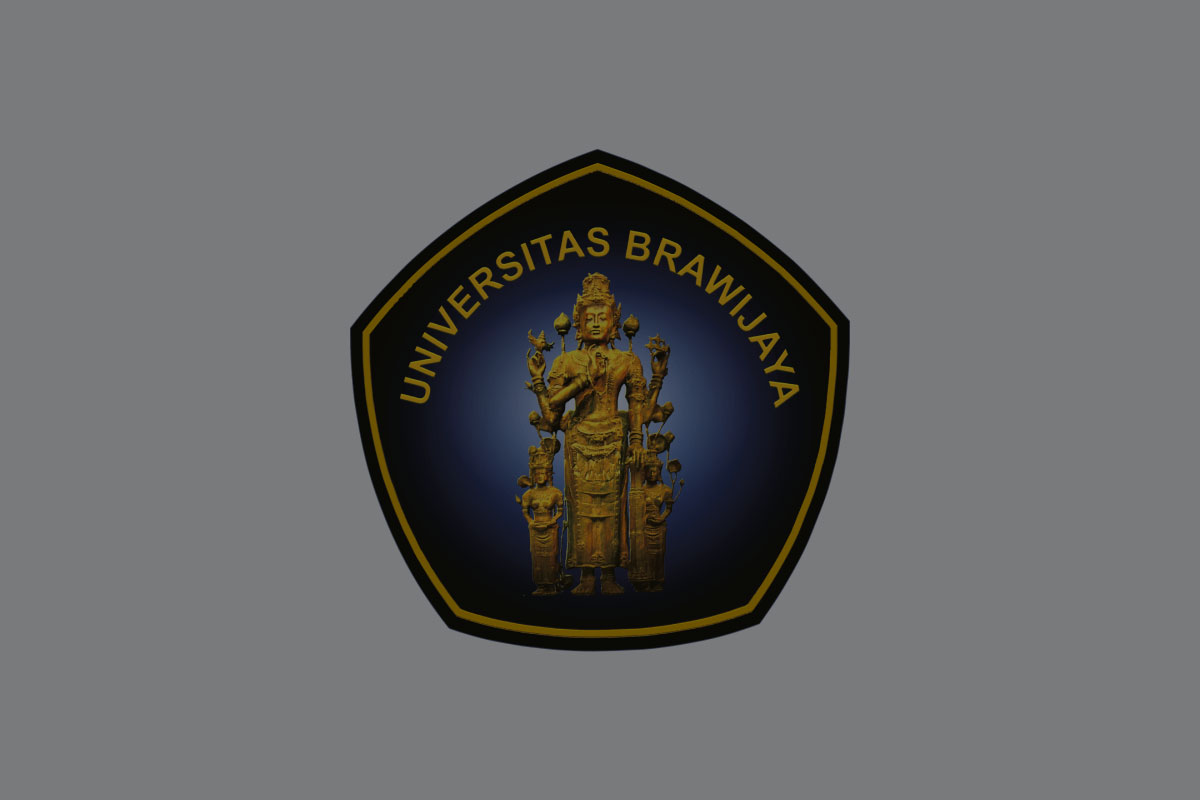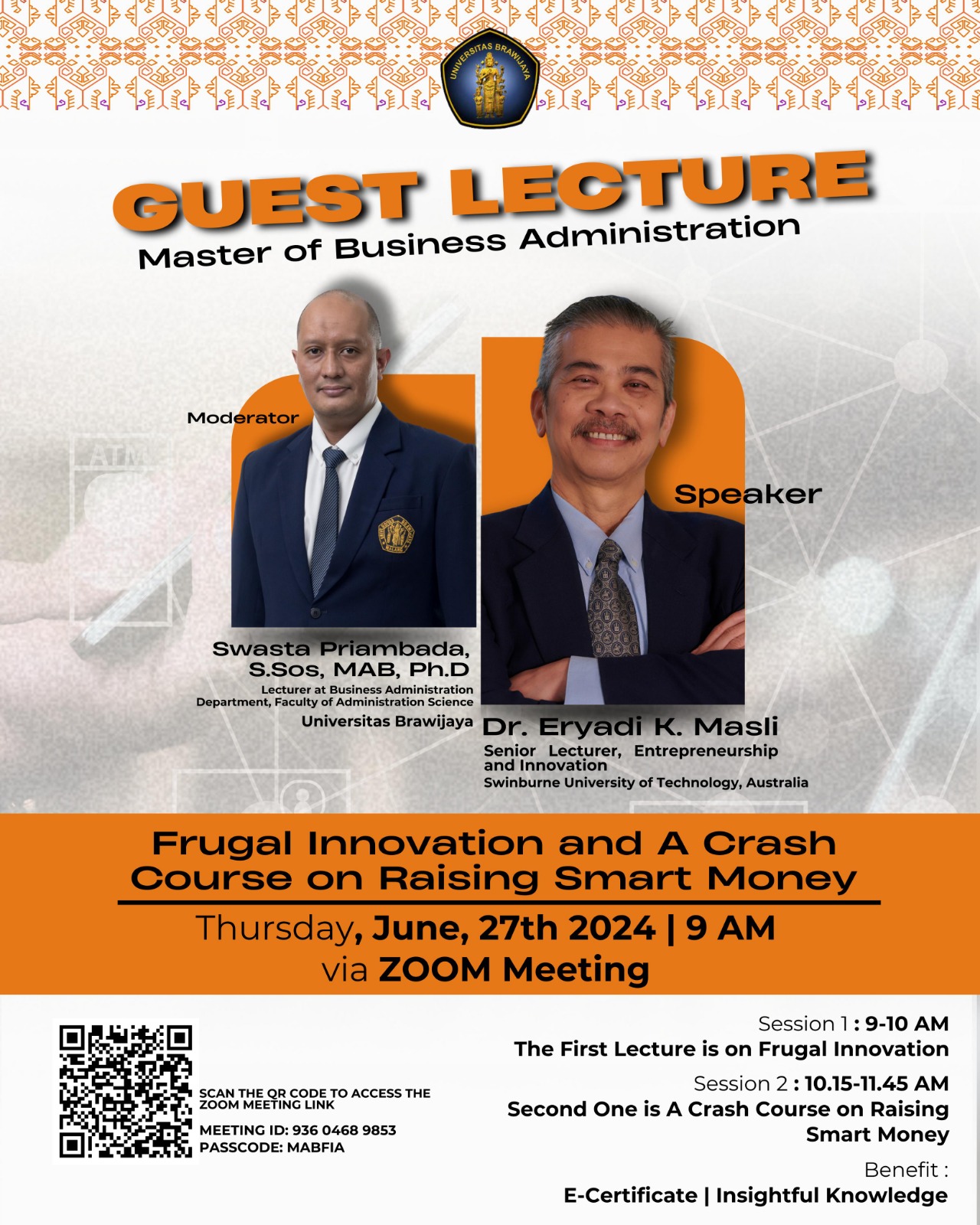In this modern era, leadership crises are nothing new. Abusing authority to achieve personal and group goals is a series of cases that are often encountered in Indonesia. Laws and Regulations seem to be subject to authority. This is an important discourse for the Brawijaya University (UB) academic community as potential leaders in the future. "Education is indeed one of the main assets in achieving leadership," said Deputy Governor of the Special Capital Region of Jakarta Drs. H. Djarot Saiful Hidayat, MS on the sidelines of a workshop entitled "Leadership in the Era of Bureaucratic Reform", Monday (23/3). The workshop was held in the Hall of Building A, 4th floor, Faculty of Administrative Sciences (FIA) UB. However, according to Djarot, who has accompanied Basuki Tjahaja Purnama "Ahok" since December 2014, knowledge must be aligned with the mind and heart. So, when someone becomes a leader, this knowledge will not blind his eyes and heart.
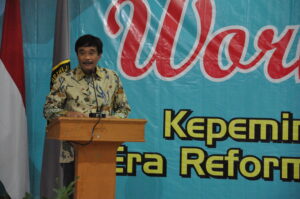
To the students, Djarot said, "It is not enough for a leader to be close to his people without teaching them good things." For this reason, it is necessary for leaders to be exemplary examples who protect, serve and teach knowledge in the midst of society.
According to him, the current leadership crisis is rooted in ambition, the interests of power and money. These three things ultimately become the political basis for regulating, changing, and even manipulating people's social life under the pretext of democracy. “Finally, gradually this became a reflection of the culture of leaders who do not have the credibility of civil servants. And this is where the public's trust in the leader fades. "Of course, the impact is that a person's sense of nationalism no longer has any meaning," said the 1986 FIA-UB graduate.
In line with ancient philosophy, he said, simplicity is a form of wisdom. This is what he applied when leading. When he served as Mayor of Blitar for two consecutive terms, Djarot tended to protect by organizing street vendors rather than having to build a metropolis. "I want to open up opportunities for small traders to advance the economy in Blitar City," he added.
With this policy, street vendors who used to be shabby in the square complex can now be neatly organized. The plan he implemented succeeded in boosting the economy without having to introduce supermarkets or mall like in big cities.
He hopes that the younger generation, especially UB academics, can implement these things. Because according to him, things that are rooted in simplicity are sometimes not in accordance with the current academic lifestyle. “This is where sensitivity is in developing abilities soft skills necessary," concluded Djarot. [indra/PR UB/ALA]

